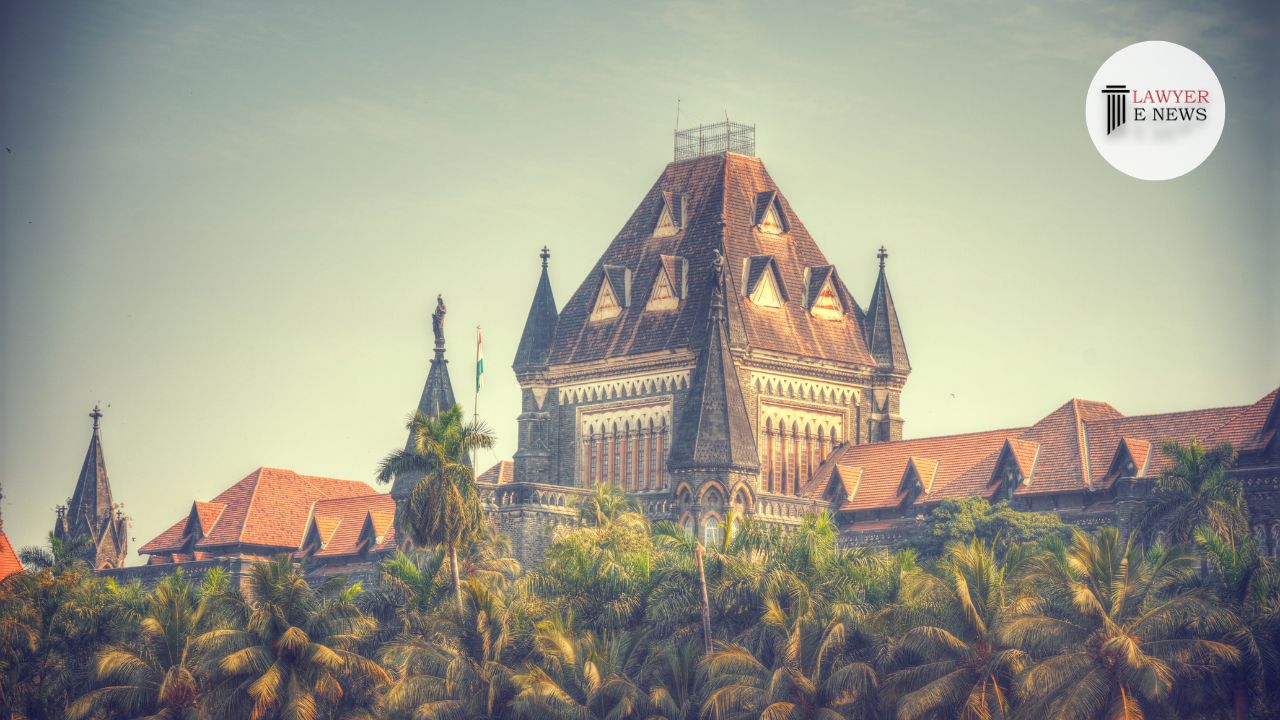-
by Admin
15 February 2026 5:35 AM



The High Court of Judicature at Bombay, in a recent ruling, upheld the decision of the Family Court, Aurangabad, to enhance the maintenance awarded to a wife and her son under Sections 125 and 127 of the Criminal Procedure Code (CrPC). Justice Sanjay A. Deshmukh dismissed the husband’s revision application challenging the enhanced maintenance, emphasizing the husband’s financial capacity and the legitimate needs of the wife and son, despite the wife’s employment.
Background: The case involves Prakash (the applicant) and his wife Vithabai (the respondent) who were married on May 21, 1998. The couple has a son currently pursuing his education. Initially, the Family Court granted maintenance of Rs. 1,500 per month to Vithabai and Rs. 2,000 per month to their son. Prakash filed for cancellation of the maintenance, arguing that Vithabai was earning a substantial income from a private job, which she allegedly concealed to obtain maintenance. Vithabai, on the other hand, filed for an enhancement of the maintenance amount, citing increased living costs and educational expenses for their son.
Maintenance and Financial Capacity: The High Court observed that the husband’s financial capacity was substantial enough to support the enhanced maintenance. “The applicant is serving in a reputable company and has additional sources of income from properties and businesses. His economic condition allows him to contribute more significantly to the welfare of his wife and son,” the bench noted. The Family Court had previously increased the maintenance to Rs. 3,500 per month for the wife and Rs. 2,000 per month for the son, taking into account the rising cost of living and educational expenses.
Wife’s Employment: Addressing the issue of the wife’s employment, the court remarked, “Merely because the wife is earning does not absolve the husband of his responsibility to pay maintenance.” The husband’s claim that the wife had fabricated documents and used a false name was dismissed. The court found that the name change was customary after marriage and did not amount to fraud.
The judgment emphasized the principles of maintenance law under Sections 125 and 127 CrPC. The court reiterated that the husband’s duty to provide maintenance persists even if the wife is employed, especially when the earnings are insufficient to cover essential expenses. “The maintenance amount awarded earlier was meager, and it was impossible for them to maintain themselves with that amount,” the judgment stated.
Justice Sanjay A. Deshmukh remarked, “The enhanced maintenance is justified considering the applicant’s substantial income and the needs of the respondents. The husband’s objections lack merit and fail to demonstrate any change in circumstances that would justify canceling the maintenance.”
Decision: The dismissal of the revision application underscores the judiciary’s commitment to ensuring fair maintenance awards in light of financial capabilities and actual needs. By affirming the lower court’s decision and directing the payment of interest on maintenance arrears, the High Court sends a clear message about the importance of timely and adequate maintenance support. This ruling is expected to influence future maintenance cases and ensure that weaker sections of society receive their rightful support without undue delay.
Date of Decision: 10th May 2024
Prakash vs. Vithabai
